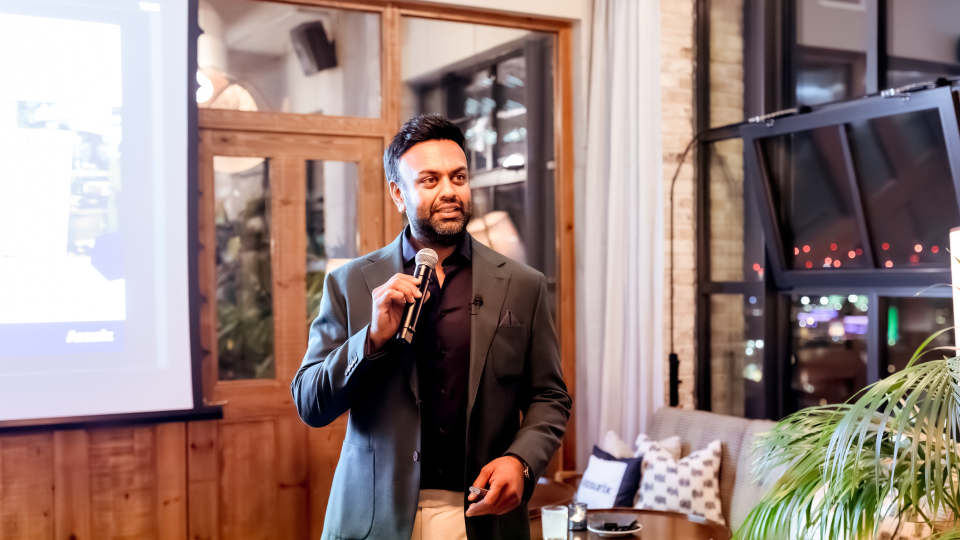
New research released by DXC Technology and Microsoft highlights that despite Zero Trust being an essential framework and widely adopted, many companies are still in the early stages of using AI-powered security tools, with only 30% currently using AI for authentication.
In this climate, the Zero Trust model isn’t just a best practice, it’s becoming an essential framework for safeguarding businesses against an ever-evolving threat landscape.
DXC and Microsoft commissioned global research, The Trust Report: From Risk Management to Strategic Resilience in Cybersecurity, which included interviews with over one hundred cybersecurity experts across four continents.
The report found that 83% of surveyed companies adopting Zero Trust have successfully reduced security incidents, lowering remediation and support costs.
At the same time, while cyber threats are on the rise due to AI, only 30% reported using AI-driven authentication tools to enhance their security practice, showing both the value of Zero Trust and the untapped potential of AI to deliver more proactive, adaptive protection against today’s evolving cyber threats.
Other key findings from the report show that 66% of businesses cite legacy systems as their biggest challenge to Zero Trust adoption.
It also revealed that 72% of enterprises say new threats are their primary driver for continuously improving Zero Trust policies and practices, while more than 50% of organisations discovered unexpected value in Zero Trust’s ability to improve user experience alongside security.
“Zero Trust is increasingly viewed as the standard going forward,” said Dawn-Marie Vaughan, Global Offering Lead Cybersecurity, DXC (pictured).
“As AI-driven threats accelerate, companies must evaluate security holistically across identity, devices, networks, applications, and data. At DXC, we’re helping customers embed Zero Trust into their culture and technology to safeguard operations. Our end-to-end expertise makes it possible to both defend against AI threats and harness secure AI in the same decisive motion.”
The report underscores that Zero Trust is not a one-time implementation, but an ongoing journey requiring cultural change, continuous monitoring, and strong partnerships.
DXC’s cybersecurity experts emphasise that a phased approach is needed, starting with identity, while co-operating with trusted partners to integrate, optimise, and manage Zero Trust architectures at scale.







